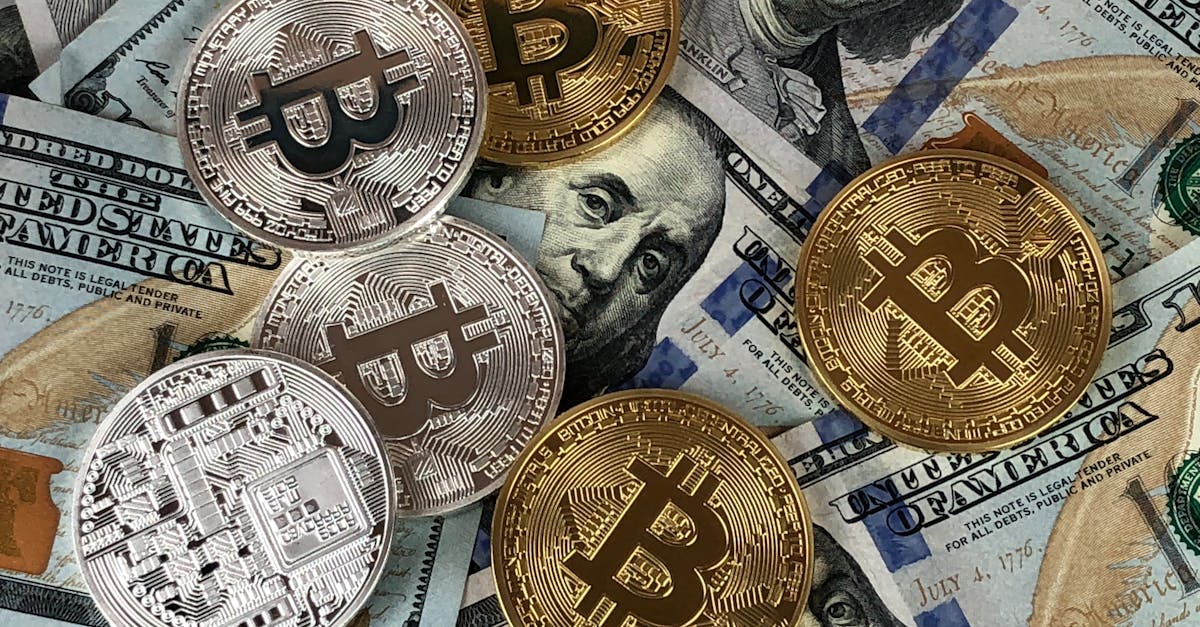The recent failure of a stablecoin bill to advance in the U.S. Senate presents a significant development for investors in Hawaii and across the nation. The legislation aimed to establish a regulatory framework for stablecoins, digital assets pegged to the value of the U.S. dollar. Its stagnation creates uncertainty for the burgeoning cryptocurrency market, potentially impacting investment strategies and risk assessments.
The absence of clear regulations introduces volatility. Without federal oversight, the market may experience increased instability, which impacts businesses. However, the ambiguity might also spur innovation as companies attempt to find compliant workarounds. This scenario demands a cautious approach from investors and businesses venturing into digital assets. According to a recent report by the Hawaii Tribune-Herald, the bill's failure stems from unresolved debates among lawmakers related to consumer protection and the scope of regulatory authority.
For Hawaii's business community, the stalled legislation could lead to a wait-and-see approach. Investment firms and financial institutions will likely reassess their strategies for stablecoins. Further, the delay could also hinder the adoption of blockchain-based solutions. Businesses in Hawaii that were considering leveraging stablecoins for transactions or capital raising might delay their plans until the regulatory environment becomes clearer.
The implications of delayed federal action extend beyond the immediate investment landscape. A study by the Congressional Research Service highlights the potential risks of unregulated stablecoins. These risks include the potential for market manipulation and the possibility of runs on stablecoin reserves. This underscores the need for robust regulation to protect investors and maintain financial stability.
Businesses in Hawaii that are engaging in or considering any use of cryptocurrencies should monitor the situation closely and consider consulting with legal and financial experts to navigate the evolving landscape. The Securities and Exchange Commission (SEC) has provided investor education to inform and guide individuals navigating the crypto landscape.



